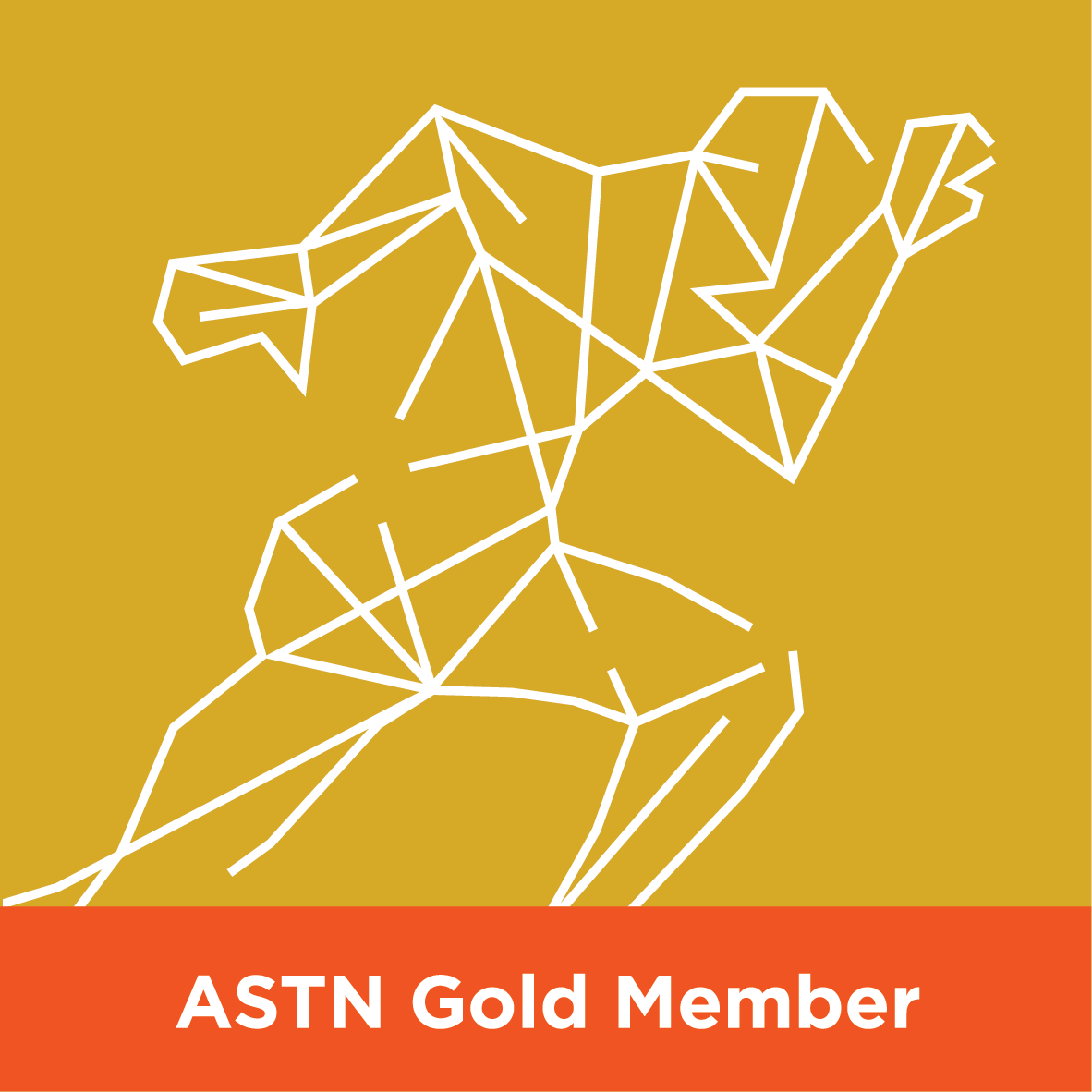Today, we take a look at a topic that has captured the attention of philosophers, theologians, psychologists, and thinkers across various fields for centuries: the nature of the self and existence remains an enduring subject of philosophical inquiry and lively debate.
Check out Part 1 and Part 2 of this series, offering further exploration into the interplay between wellbeing and health.
Our approach will be grounded in pragmatism, focusing on how we, as a community, can foster meaningful discussions. For context, we will define “existence” as the state or quality of having objective reality, encompassing the fact of being alive and present in the world. Similarly, the “self” will be defined as an individual’s unique and subjective sense of identity, consciousness, and awareness. This complex construct encompasses thoughts, emotions, beliefs, memories, and perceptions, serving as the very core of personal experience and individuality.
As a community, we possess the opportunity to cultivate a positive environment that nurtures wellbeing and fosters positive self-concepts. Consider this: our organisations have the power to promote self-awareness, self-improvement, self-esteem, self-empowerment, and self-love, among other empowering attributes. Conversely, the environment we create could unintentionally nurture self-absorption, self-destruction, self-entitlement, self-loathing, or even self-sabotage. It all begins with defining the kind of community we aspire to be and identifying the values that drive us.
Over the past few years working with leaders across Australia and around the world, we have focused on six key pillars necessary to build an inviting, secure, and compelling community:

Promote Inclusivity and Acceptance:
Cultivate an atmosphere of inclusivity and acceptance, where individuals from diverse backgrounds, identities, and experiences feel cherished and respected. Creating a sense of belonging can profoundly uplift self-esteem and wellbeing.
Lead by Example:
It’s one thing to discuss values and quite another to embody them. Community leaders, whether formal or informal, can set the tone by demonstrating positive behaviours, empathy, and a steadfast commitment to wellbeing.
Provide Support Systems:
Forge networks of support within the community, whether through formal counseling services, support groups, or informal peer assistance. Access to resources that address mental health and overall well-being, such as this platform, can make an immeasurable difference.
Offer Learning Opportunities:
Extend opportunities for personal and professional growth through workshops, lectures, and skill-building sessions. Empowering individuals to broaden their horizons bolsters self-efficacy and enhances their sense of self.
Encourage Self-Care Practices:
Champion the significance of self-care, mindfulness, and mental health awareness. By nurturing healthy habits and self-reflection, you contribute to the collective wellbeing.
Provide Safe Spaces:
Designate sanctuaries where individuals can express themselves without fear of judgment. These platforms prove invaluable for sharing personal challenges and seeking advice, fostering a sense of connection.
You, your community, and the pursuit of wellbeing are of great importance to us, within sport and for all young people. Check out Part 1 and Part 2 of this series, offering further exploration into the interplay between wellbeing and health.






